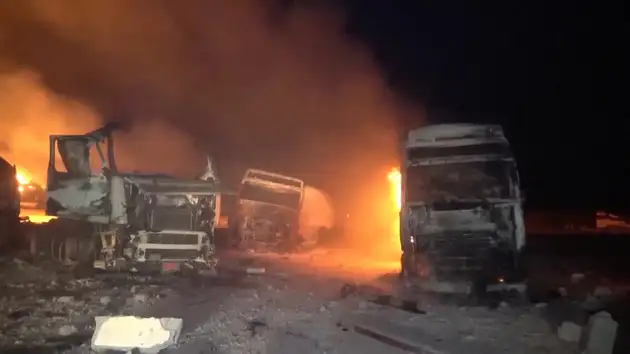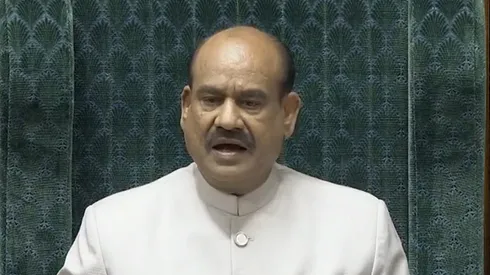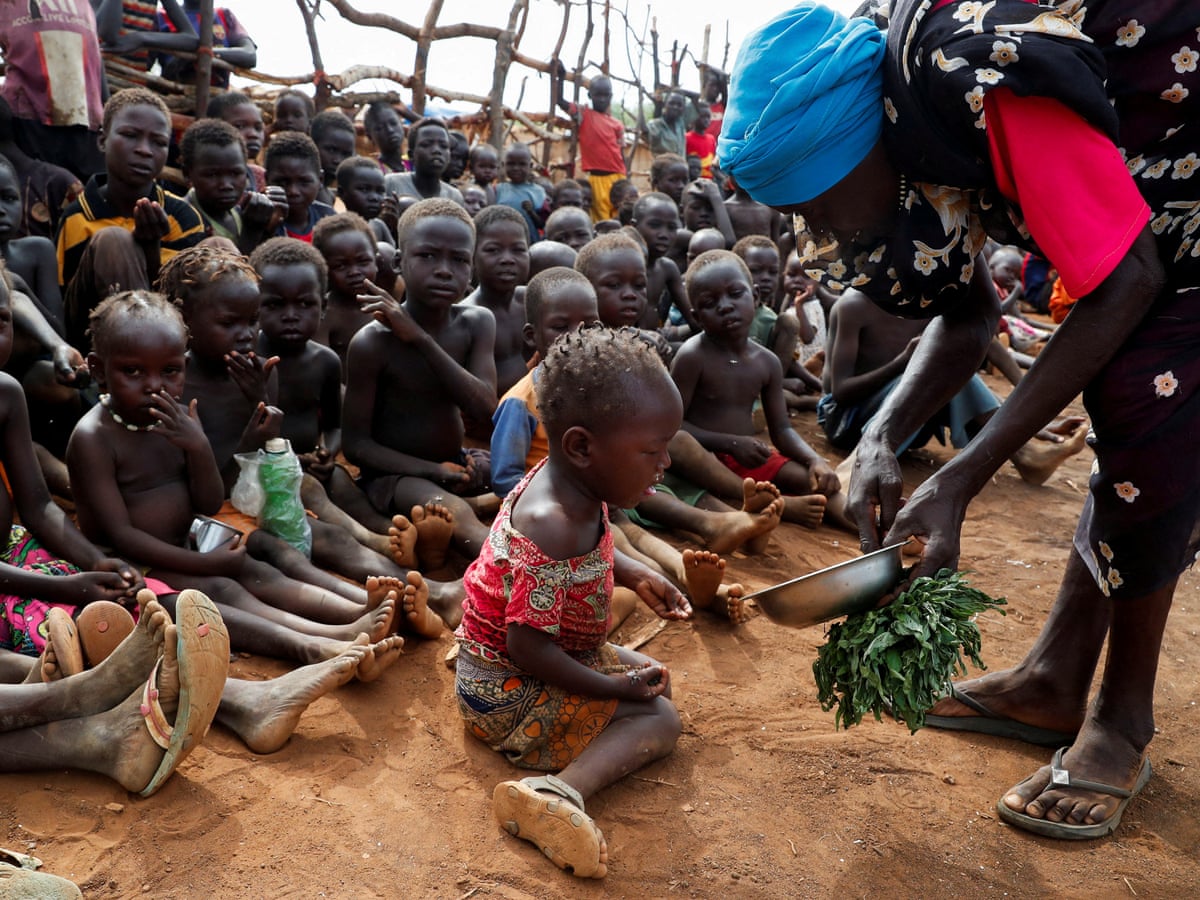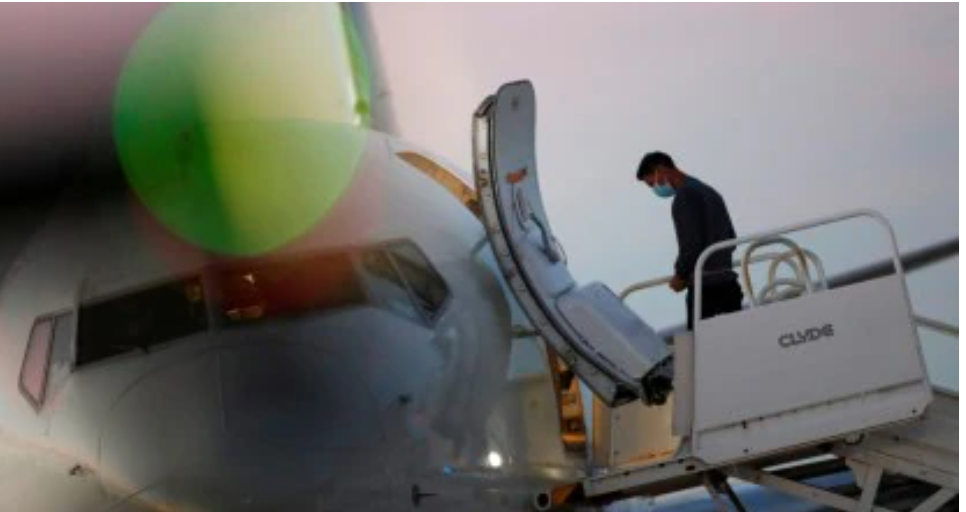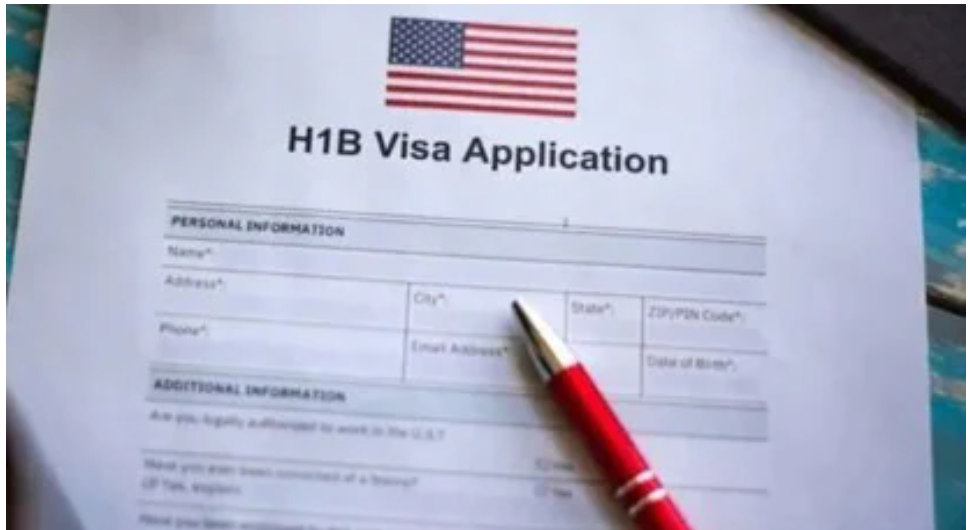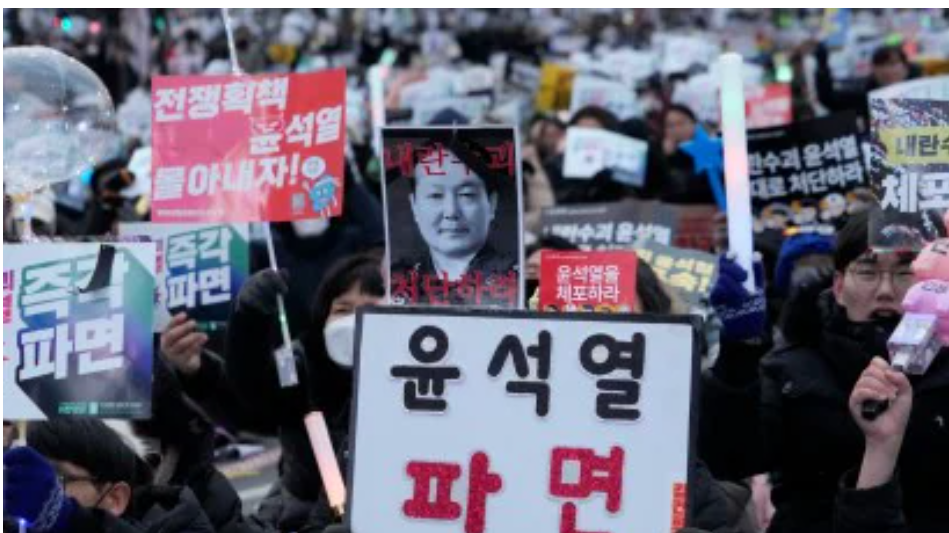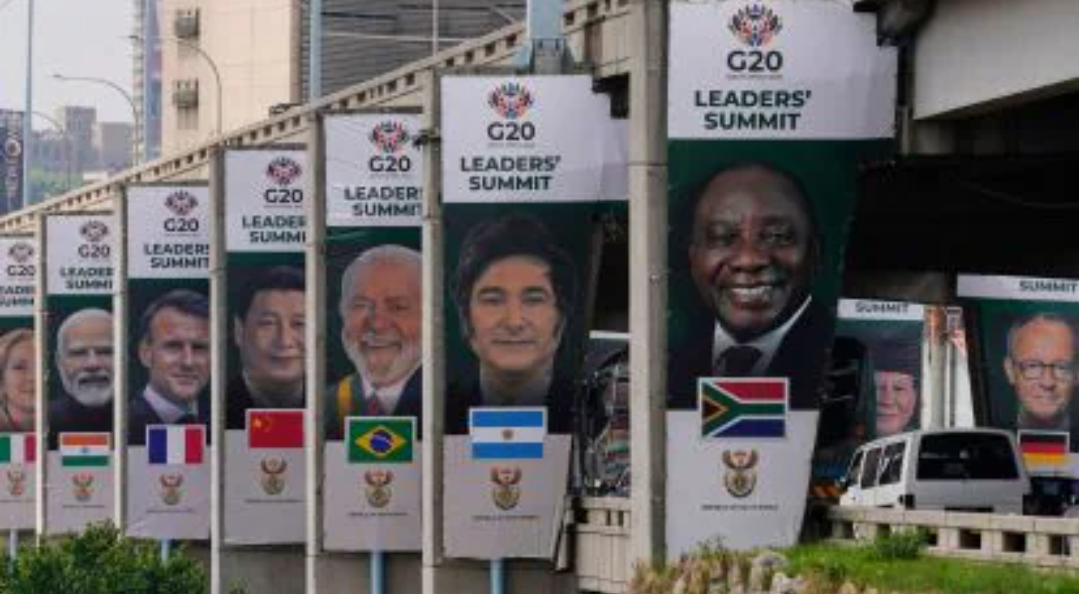US strikes on Yemen’s Ras Isa port kill 58, injure 126, Houthi rebels say. Read the latest on this deadly attack and its global impact.

The U.S. strikes on Yemen’s Ras Isa port have left a trail of destruction. With 58 dead and 126 injured, the human cost is clear. But the path forward is not. Will more strikes bring peace, or fuel more violence
US Strikes on Yemen Port Kill 58: Houthi Rebels Report | ANW
A Deadly Strike Shakes Yemen
On April 18, 2025, Yemen’s Houthi rebels reported that U.S. airstrikes on the Ras Isa fuel port killed at least 58 people and wounded 126 others. This attack, described as the deadliest in a month-long U.S. air campaign, has sparked global concern. The strikes targeted a key Houthi-controlled facility in Hodeida, a rebel stronghold. But what led to this escalation? Why is the U.S. targeting Yemen? And what does this mean for the region and the world?
At AMERICA NEWS WORLD (ANW), we bring you the latest updates on this critical story. Our mission is to deliver clear, honest news that everyone can understand. In this article, we’ll break down the events, share data, and explore the human and geopolitical impact. Let’s dive in.
What Happened in Yemen?
The U.S. military launched airstrikes on the Ras Isa fuel port in western Yemen on April 18, 2025. According to Houthi-run Al-Masirah TV, the attack killed 58 workers and medics and injured 126 others. The strikes targeted a facility that the U.S. says funds Houthi operations. However, the Houthis claim the port is a civilian site, and the attack hit innocent workers.
Key Details:
- Date: April 18, 2025
- Location: Ras Isa fuel port, Hodeida, Yemen
- Death Toll: 58 (Houthi reports)
- Injuries: 126
- Target: Houthi-controlled fuel facility
- U.S. Goal: Disrupt Houthi funding and attacks on Red Sea shipping
Houthi media shared videos of fire and smoke rising from the port. Survivors described chaos, with one worker telling Al-Masirah, “We ran away. The strikes came one after another, then everything was on fire.” These images have fueled outrage in Yemen and beyond.
Why Did the U.S. Strike?
The U.S. says the strikes aim to stop Houthi attacks on Red Sea shipping. Since November 2023, the Houthis have targeted over 100 merchant vessels with missiles and drones. They’ve sunk two ships and killed four sailors. The group claims these attacks support Palestinians in the Israel-Hamas war. But their actions have disrupted global trade, forcing ships to take longer, costlier routes around Africa.
U.S. Central Command (CENTCOM) stated: “The Ras Isa port supplies fuel for Houthi operations. Our strikes aim to cut off their resources.” President Donald Trump, who authorized the campaign, vowed to continue until the Houthis stop threatening shipping. He called the group “thugs” funded by Iran, linking the strikes to broader pressure on Tehran’s nuclear program.
However, critics argue the U.S. is escalating a conflict that risks civilian lives. The Houthis control much of Yemen, including Sanaa, and their attacks have raised their profile in the Arab world. Some analysts say U.S. strikes could strengthen Houthi resolve rather than weaken them.
Stories of Loss
The Ras Isa strike has left families shattered. Houthi media reported that many victims were port workers and first responders. One survivor, a medic, said, “We were helping the wounded when another strike hit. It was like they didn’t care who they killed.”
Data Snapshot:
- Victims: 58 dead, including workers and medics
- Injured: 126, many with severe burns
- Children and Women: Earlier strikes killed five children and two women
- Total Campaign Deaths: At least 73 since March 2025
| Category | Number |
|---|---|
| Deaths | 58 |
| Injuries | 126 |
| Children/Women Killed (Earlier Strikes) | 7 |
| Total Campaign Deaths | 73+ |
Source: Houthi-run Al-Masirah TV, AP News
The United Nations has called for peace, warning that Yemen’s decade-long war has already killed over 160,000 people and displaced millions. “This escalation must stop,” said UN envoy Hans Grundberg.
Global Reactions: Anger and Concern
The Ras Isa strike has drawn sharp criticism. On X, users called the U.S. actions “terrorism,” with one post claiming the strikes targeted first responders. In Yemen, protests erupted in Hodeida, with residents chanting against U.S. and Israeli involvement.
International Response:
- Iran: Condemned the strikes, denying it arms the Houthis.
- UN: Urged de-escalation and diplomacy.
- Israel: Intercepted a Houthi missile on April 18, showing the conflict’s regional spread.
- France: Destroyed a Houthi drone in the Red Sea, supporting U.S. efforts.
For more global perspectives, visit BBC News, which has covered the Yemen conflict extensively.
Why Yemen Matters to the World
Yemen’s conflict affects more than just the Middle East. The Red Sea is a vital trade route, carrying 12% of global shipping. Houthi attacks have cut Red Sea cargo by 70%, raising costs for goods worldwide.
Economic Impact:
- Shipping Costs: Up due to rerouting around Africa.
- Suez Canal: Traffic down, hurting Egypt’s economy.
- Global Trade: Disrupted, affecting prices for oil, gas, and consumer goods.
For readers in India and the USA, this matters. India relies on Red Sea routes for oil imports, while U.S. consumers face higher prices when trade is disrupted. At AMERICA NEWS WORLD (ANW), we know these issues hit home.
The Houthi Rebellion: Who Are They?
The Houthis, or Ansar Allah, are a Shia rebel group that controls much of Yemen. They rose to power in 2014, seizing Sanaa and forcing the government into exile. Backed by Iran, they’ve fought a Saudi-led coalition for years.
Houthi Goals:
- Support Palestinians in the Israel-Hamas war.
- Resist U.S. and Saudi influence in Yemen.
- Maintain control over Yemen’s northwest.
Their attacks on shipping have turned a local conflict into a global issue. But U.S. strikes may not stop them. “The Houthis thrive on resistance,” said analyst Nick Brumfield.
What’s Next for Yemen?
The U.S. shows no signs of stopping its campaign. Trump has promised “overwhelming lethal force” until the Houthis back down. Meanwhile, the Houthis vow to keep fighting, claiming they’re at war with America.
Possible Scenarios:
- Escalation: More U.S. strikes, Houthi counterattacks.
- Diplomacy: UN-led talks to de-escalate.
- Regional Spillover: Conflict spreads to Iran, Israel, or Saudi Arabia.
For updates, bookmark AMERICA NEWS WORLD (ANW). We’ll keep you informed as this story unfolds.
Voices from the Ground: What Yemenis Say
On Quora, users asked, “Why is the U.S. bombing Yemen?” Locals shared stories of fear and loss. One Yemeni wrote, “We just want peace. These strikes hit our homes, not just rebels.” Another said, “The Houthis aren’t heroes, but neither is the U.S.” These voices remind us of the human cost.
Reddit threads echoed similar sentiments, with users debating U.S. motives. Some called the strikes necessary; others saw them as reckless. At AMERICA NEWS WORLD (ANW), we value these perspectives and aim to amplify them.
what you think on this.comment below and share your thoughts.
Discover more from AMERICA NEWS WORLD
Subscribe to get the latest posts sent to your email.
